Vegan Caviar – a Sustainable and Delicious Alternative to a Classic Delicacy
Published Dec. 12 2023, 4:54 p.m. ET
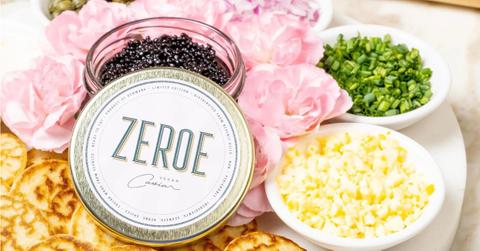
The Gist
- Sturgeon is an endangered species due in large part to harvesting eggs for caviar.
- Made from seaweed, vegan caviar is gaining in popularity as viable alternative.
- Several brands are selling plant-based caviar, or you can make your own.
Eco-conscious foodies are turning to vegan caviar because it’s made primarily from seaweed, a plant that has numerous health benefits by providing an array of minerals and nutrients. Similar to bamboo, seaweed is a fast-growing crop that regenerates naturally, so sourcing this plant-based, imitation caviar is a sustainable alternative to traditional caviar, which has decimated fish populations.
Consumers’ desire for traditional caviar has resulted in overfishing, so much so that beluga sturgeon was placed on the Endangered Species List in 2004. Yet, the poaching of these fish continues today. And fortunately, vegan caviar offers a cruelty-free way to enjoy the taste of caviar without the detrimental environmental impacts.
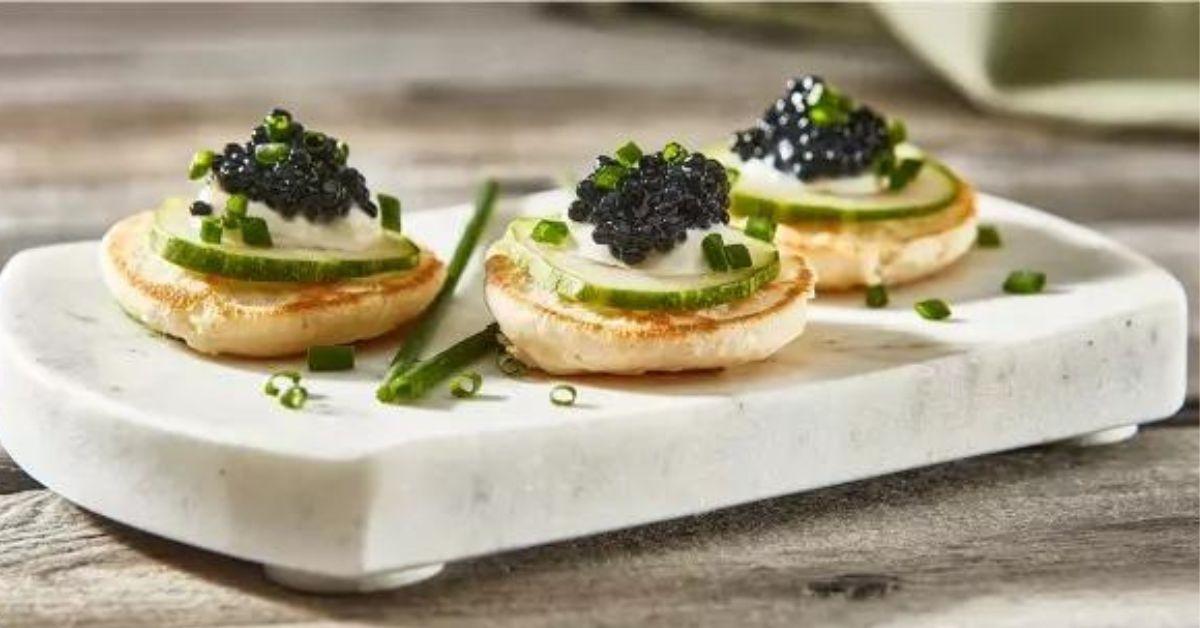
What is vegan caviar?
It's important to know that traditional caviar consists of unfertilized eggs of sturgeon, a large fish native to the Caspian Sea. However, many use the term "caviar" to refer to all fish eggs – even though non-sturgeon fish eggs from salmon, trout, or others are called roe. On the other hand, vegan caviar is a plant-based, cruelty-free substitute for caviar that is not made with animal products but resembles that of traditional caviar in size, flavor, and texture.
Instead of fish eggs, vegan caviar consists of small seaweed and kelp pearls and is a viable alternative for those who want to enjoy plant-based sushi or as an appetizer with crackers. Most vegan caviar products mimic the traditional sturgeon caviar vs. salmon or other roe and often use activated charcoal to achieve a dark color similar to that of the sturgeon eggs.
In addition, seaweed is loaded with nutrients and minerals including iodine, iron, and calcium, as well as vitamin A, vitamin C, vitamin K, vitamin B12, omega-3 fatty acids, copper, protein, and fiber.
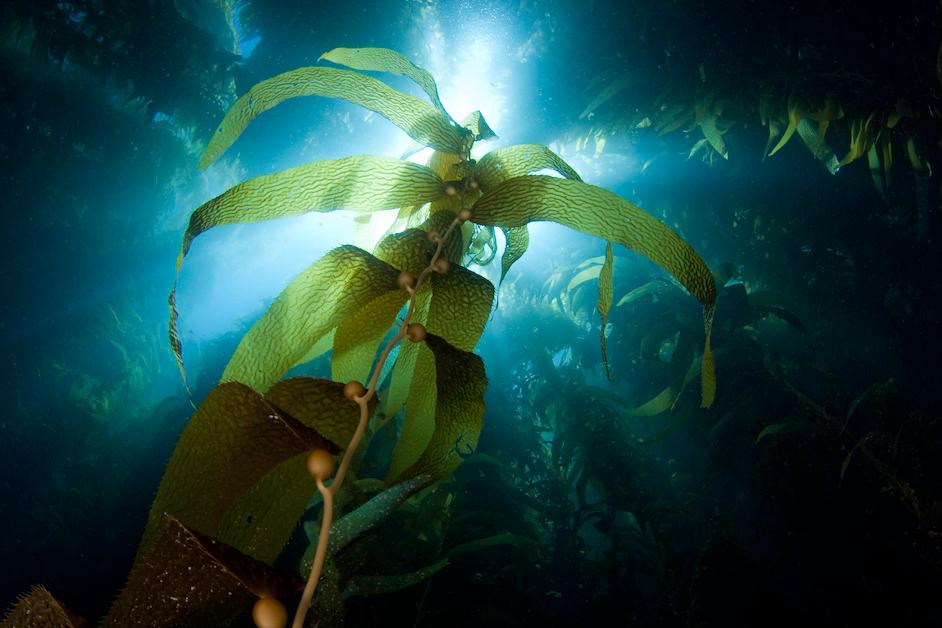
What is the problem with traditional caviar?
Sturgeon have been around since the dinosaurs, but according to the World Wildlife Fund, all 26 remaining species are now threatened with extinction. In 2006, the U.S. banned the importation of beluga caviar so that legal beluga caviar is now only available from farm-raised sturgeon.
However, according to Science Daily, in a 2023 study, genetic analysis showed that nearly 21 percent of the tested caviar products allegedly produced from farm-raised sturgeons in Europe were actually from wild-caught sturgeon, providing evidence that poaching of beluga sturgeon is still happening, and poses a significant threat to the endangered species.
Historically, the fish were killed in order to harvest the caviar, although some advancements have been made at “no kill” caviar farms that induce labor for the female fish to harvest the eggs, per NPR. However, these no-kill farms represent just a fraction of the global farm-raised caviar production, as the majority still kill the fish after a C-section-style procedure to harvest the eggs.
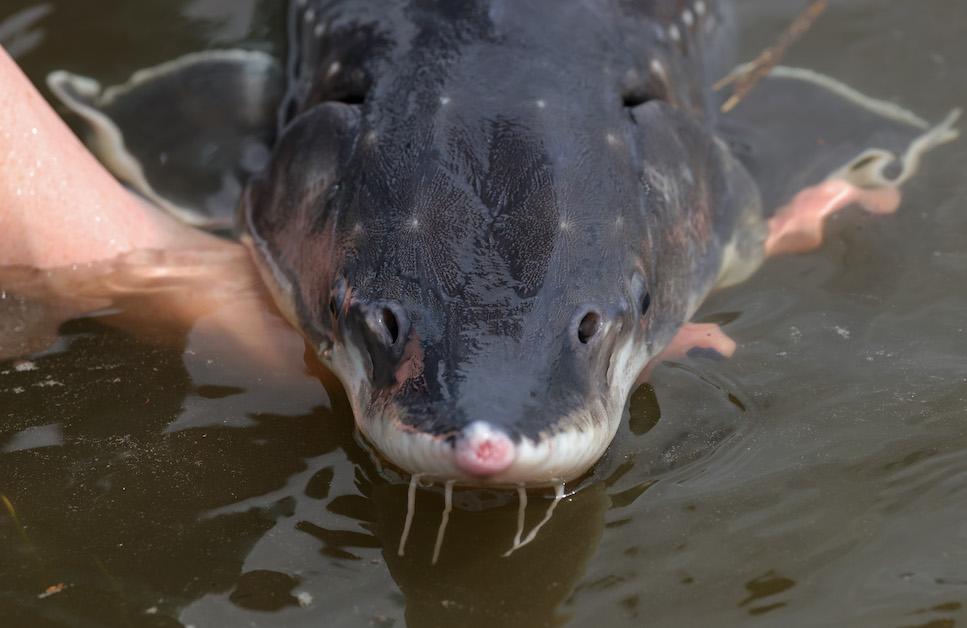
What are some vegan caviar products?
Suppose you’re interested in trying this sustainable and cruelty-free delicacy. In that case, several brands are selling ready-to-serve vegan caviar products, including Caviart’s seaweed pearls, a gluten, soy, and cholesterol-free caviar replacement. It’s produced by Season, a certified sustainable seafood company specializing in sardines and anchovies, and is perhaps the most well-known of the seaweed-based caviars.
A 3.5-ounce (100 gram) jar sells for under $10, so it's an affordable option. That said, it gets mixed reviews from consumers. Some say it’s fabulous and has an oceanic, lightly salted flavor that gently “pops” like the real thing, while others say it missed the mark completely.
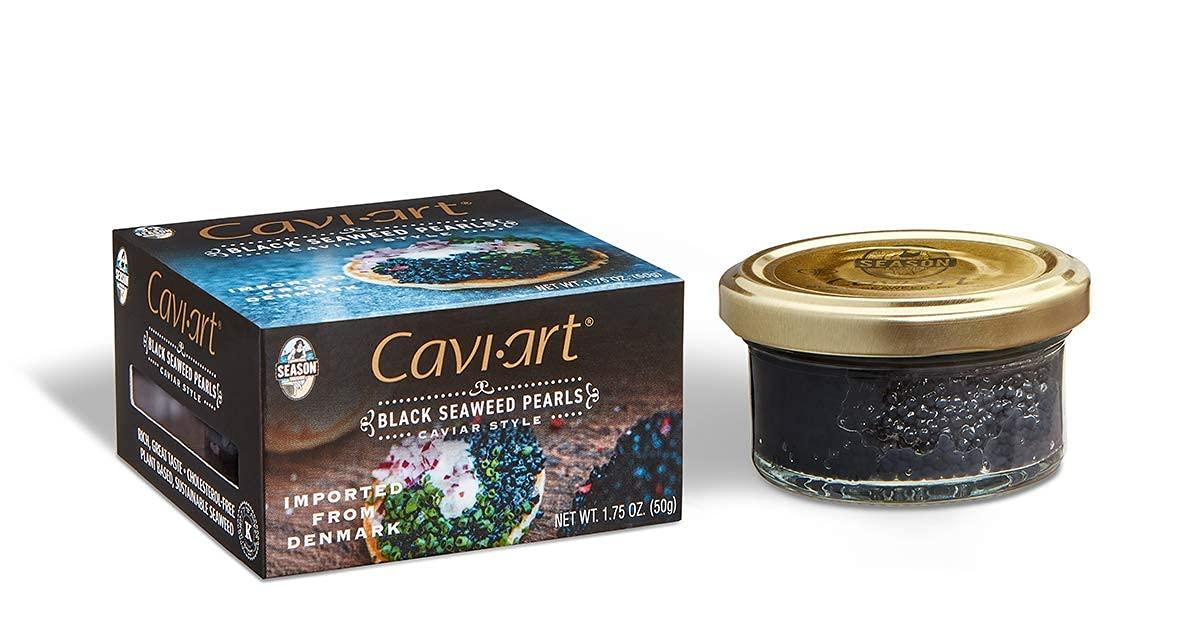
Zeroe Caviar is another brand of plant-based caviar from sustainably-sourced seaweed from off the coast of France. The shelf-stable seafood is a bit more expensive than others and is sold in 50-gram jars for under $30 (with larger quantities available). It does not have reviews readily available like there are for Caviart.
There are several other seaweed-based caviars on the market; however, some do contain fish oils, so be sure to confirm with the manufacturer that it is indeed vegan or vegetarian, or consider making your own! It’s easier than you think!
Here are a few vegan caviar recipes.
Many vegan caviar recipes are available if you want to make this sustainable delicacy at home. You'll find several recipe variations using dry algae like nori, dulse, hijiki, or kelp as the main ingredient to create the "fish" flavor. Agar agar, a common ingredient in vegan Jello, is often added to create a gelatinous consistency and chia seeds or quinoa for texture. Other common ingredients include soy sauce, mushroom, ginger, and olive oil.
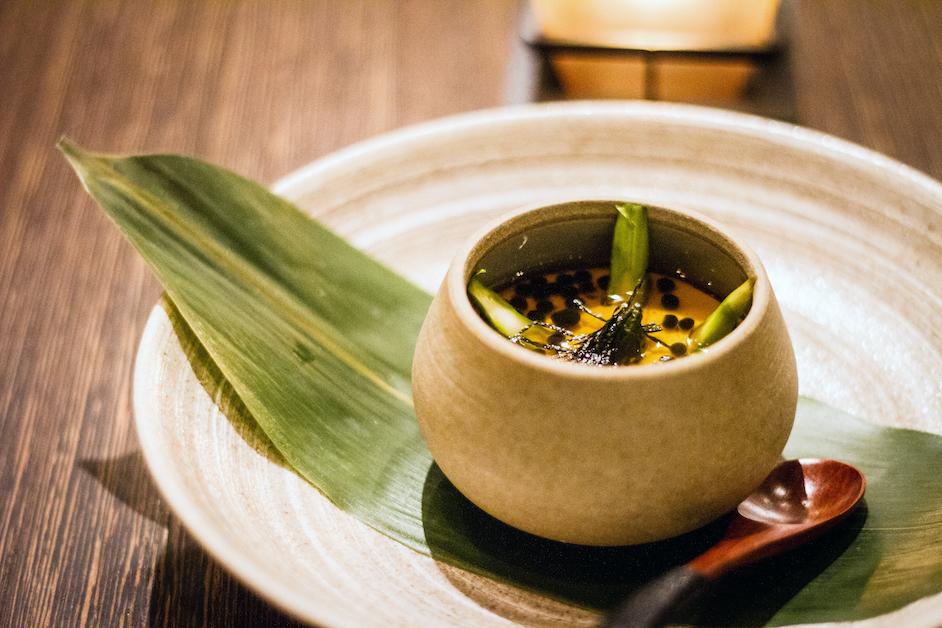
Here are a few vegan caviar recipes try check out:
Basic 4 Ingredient Vegan Caviar Recipe: Nori, chia seeds, and soy sauce from Vegan FoodEz
Basic 6 Ingredient Vegan Caviar Recipe: algae, soy sauce, vinegar, agar agar powder (from The Beet).
Eggplant 7 Ingredient Vegan Caviar Recipe: Eggplant, quinoa, and seaweed (from Super Bloom).
Classic 10 Ingredient Vegan Caviar Recipe: Nori, dulce, shiitake mushrooms, activated charcoal and caper berry brine (from Very Vegan Val).
For ideas on how to serve vegan caviar, Season has several recipes for appetizers that are topped with vegan caviar including baked potatoes, blinis with crème fraiche, or deviled eggs.